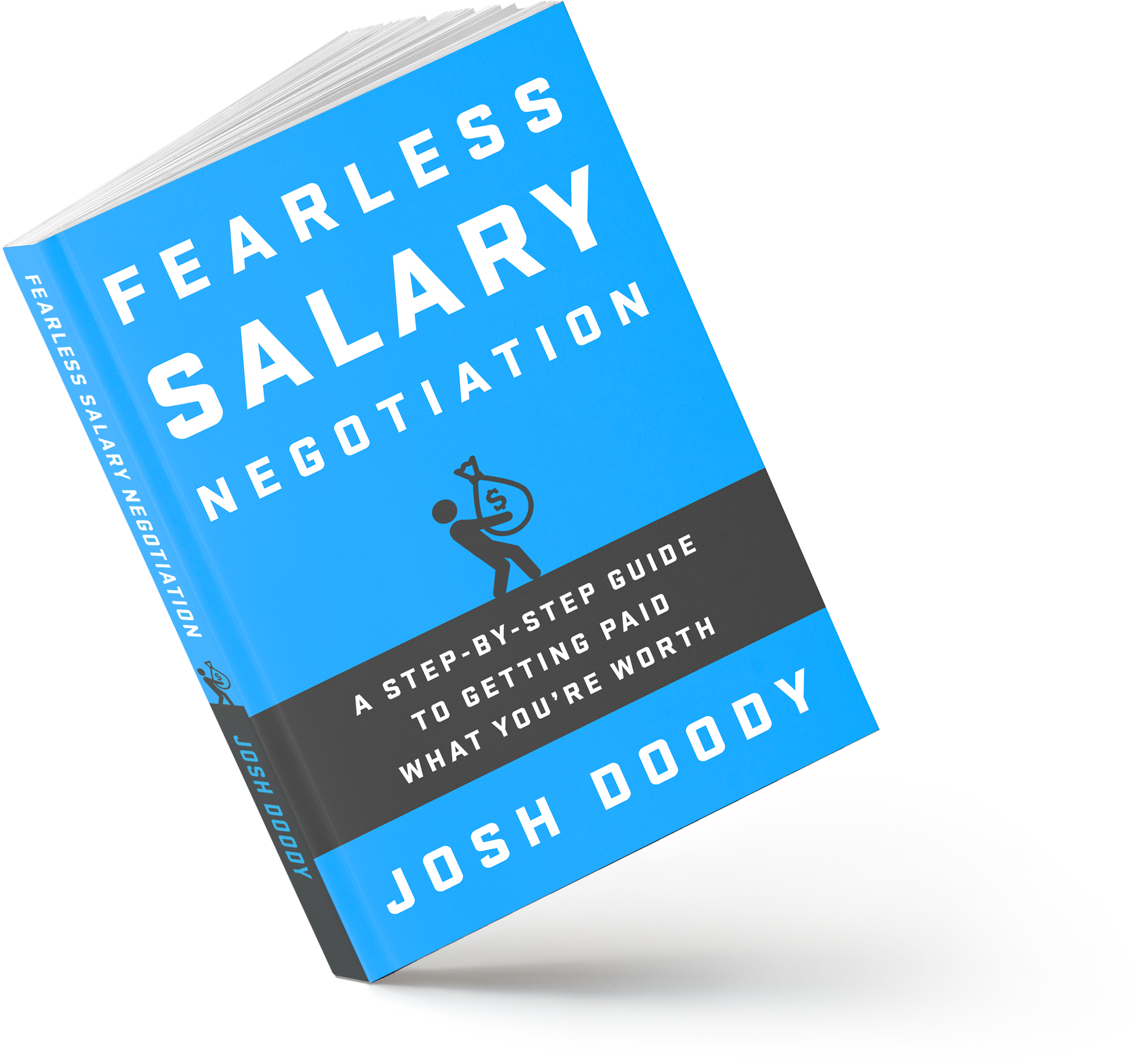I don’t recommend asking your peers for this information, but you may already know it or be able to infer it from water cooler conversations.
Market value for the average person
Most companies (especially in the United States) frown upon openly discussing salaries. This is partly why: if you know what your peers—people doing your job, at your company, in your geographic region—are making, then you have a pretty good sense of what you should be making too.
There’s not much to say in terms of how to figure out what the average person doing your job for your company is making—you either know or you don’t. You may be able to discern others’ salaries just from paying attention to watercooler conversations, or you may be able to estimate what they’re making if you know, for example, that they came into the company at the same time you did, making the same salary you did. People will often talk openly about their merit increase amounts, so you might be able to estimate what they’re making now based on your knowledge of their starting salary and what sort of merit increases they’ve gotten since then.
How you compare
It should be pretty easy to determine how you compare to the average person doing your job for your company. You might work directly with many of those peers, so you can observe them doing the job. As objectively as possible, think about how you stack up. Is your work better than theirs? Worse? Are you faster than they are? Slower? Do you do more things than they do? Fewer?
This is very subjective, so you’ll need to work hard to be honest with yourself. But this is a good chance for you to understand how you stack up against your peers.
Note that I’m not advocating all-out competition with your peers at your company. You are competing for resources (money) with them and everyone else in your company, but you still want to cultivate a positive working environment. You’re not looking for opportunities to go head-to-head with your peers—you’re just trying to understand how the value you add to the company compares to theirs so that you can estimate how high a salary you can shoot for when negotiating your salary.
Next, look at all the data you have gathered to answer the question “What should my salary be?”

